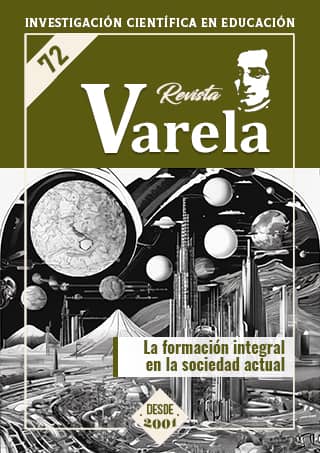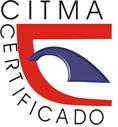Collaborative work and integral development in the New Mexican School
DOI:
https://doi.org/10.5281/zenodo.17677284Abstract
This article analyzes the implementation of collaborative work as a fundamental strategy in the teaching-learning process of the New Mexican School (NEM). This approach recognizes that teamwork and group dynamics enhance students' comprehensive development, active participation, and meaningful learning. The main objective is to describe the characteristics of collaborative work, its impact on the development of students' socio-emotional and academic skills, and its relationship to the principles of the NEM. The methodology used is based on a bibliographic review, which involves the analysis and synthesis of information in a five-stage process. The data obtained indicate that collaborative work favors the acquisition of knowledge, the development of social skills, motivation, and co-responsibility in learning. It is concluded that success requires planning, evaluation, and the active participation of teachers, students, and the educational community.
Downloads
Downloads
Published
Issue
Section
License
Copyright (c) 2025 Varela Journal

This work is licensed under a Creative Commons Attribution-NonCommercial 4.0 International License.
















